Insulin resistance is the leading cause of inability to lose weight
By naturopath Margaret Jasinska
If you struggle with your weight, it is almost 100 percent certain that you have some degree of insulin resistance. This condition causes a metabolic state where the body is stuck in fat creating/storing mode, while unable to burn fat. You literally do not have access to your body fat stores and cannot burn them up for energy.
Insulin is a hormone that your pancreas secretes into your bloodstream after you have eaten. It enables the glucose from your food to enter your cells, where it is burned for energy. If insulin is not doing its job properly, less glucose will be burnt for energy and more of it will be converted into fat. Some of the fat is stored around your body, just under your skin, and some of it accumulates in your liver. Having too much fat in your liver (fatty liver) is a classic sign of elevated insulin.
Insulin resistance causes hyperinsulinaemia
A blood test that can measure your fasting insulin, but it isn’t always reliable and many doctors are not willing to order this test. This is a shame because elevated insulin is bad for your health and shortens your lifespan.
Due to modern diets and lifestyles, nearly everybody produces more insulin in their pancreas than they should. This is a problem because if blood insulin levels have been high for years, the cells of your body start to ignore it. The insulin becomes less and less effective at its important job in your body (getting glucose inside your cells so you can burn it for energy). Knowing whether or not you have too high insulin is important because it can allow you to make some changes and avoid some serious health problems in the future.
There are several clues your body gives you, to indicate you may have too much insulin in your blood. These include:
- Hunger and cravings for sugar or carbohydrate rich foods. People with high blood insulin are hungry and nothing will satisfy their appetite like carbs!
- Elevated blood sugar. A fasting blood sugar level greater than (5.4mmol/L) usually indicates insulin resistance.
- Abdominal obesity. As the waist grows larger, insulin becomes increasingly ineffective in your body, therefore levels of this hormone rise. If you are trying to lose weight, you’ll know your insulin is getting lower as your waist circumference gets smaller.
- Swollen ankles. Insulin tells your kidneys to hang on to sodium and water, therefore you will look more puffy. You can experience fluid retention anywhere on your body, such as your fingers, face and abdomen.
- High blood pressure.
- Acne and large pores on the face. Insulin and its cousin insulin-like growth factor 1 promote higher levels of the male hormone testosterone and increase the sensitivity of your face to testosterone. That means you’re more likely to experience acne and greasy skin.
- Increased body hair in women.
- Polycystic ovarian syndrome.
- Scalp hair loss in women in the male pattern (front and sides), and early scalp hair loss in males (in their 20s and 30s).
- Skin tags.
- Acanthosis nigricans
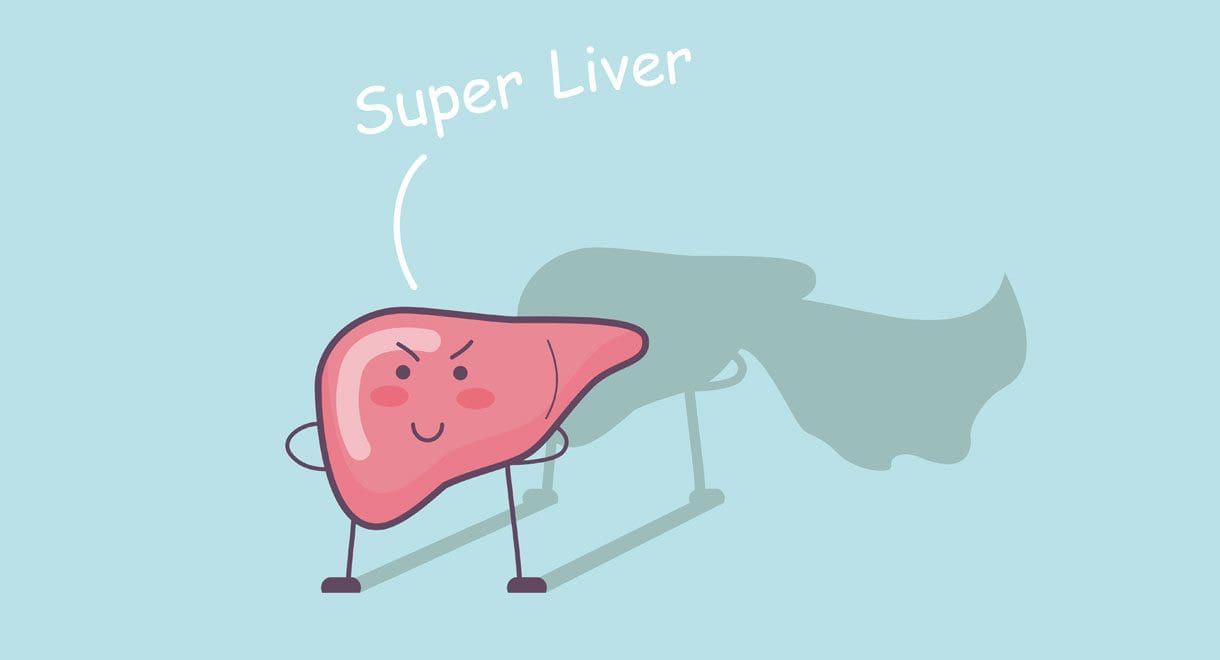
Try to have a healthy liver
A healthy liver is very important for blood sugar control. This is because the liver can store glucose and fat, and also produce glucose and fat. You want your liver to be good at fat burning. People with a healthy liver have a fast metabolism and don’t gain weight as easily. A healthy liver also helps to control your blood sugar level. If you have not eaten for several hours, your liver is supposed to release some stored glucose into your bloodstream to give you energy and keep hunger at bay. People with a sluggish liver struggle with this and they often feel excessively hungry, weak or irritable if they have gone several hours without food. It makes sticking to a diet extremely difficult! To help improve your liver health I recommend you follow the diet in Dr Cabot’s book Fatty Liver You Can Reverse It.
Keeping carbs low is important
Insulin resistant people cannot handle common levels of carbohydrate in their diet. They over secrete insulin in response to eating carbs and they are less likely to feel satisfied after a meal, therefore tend to over eat. That means carbohydrate needs to be restricted in the diet. It is best to get your carbohydrate from vegetables. There is an easy to follow low carbohydrate eating plan in Dr Cabot’s book I Can’t Lose Weight and I don’t know why.
Protein is the most important nutrient for those wanting to lose weight and reduce their blood insulin level. It is critical to eat protein at every meal because it is extremely satiating. It will help to make you feel more full and satisfied after a meal, and keep you feeling satisfied for longer. This way sticking to a healthy diet won’t be so much of a struggle.
Examples of protein include eggs, seafood, poultry and red meat. Dairy products, nuts and seeds contain smaller levels of protein. Protein powders can be extremely helpful for those wanting to lose weight because they provide a quick, tasty and easy meal option for busy days. A protein powder smoothie can also make a delicious and filling snack mid morning or in the afternoon, when you might be struggling with sugar cravings.




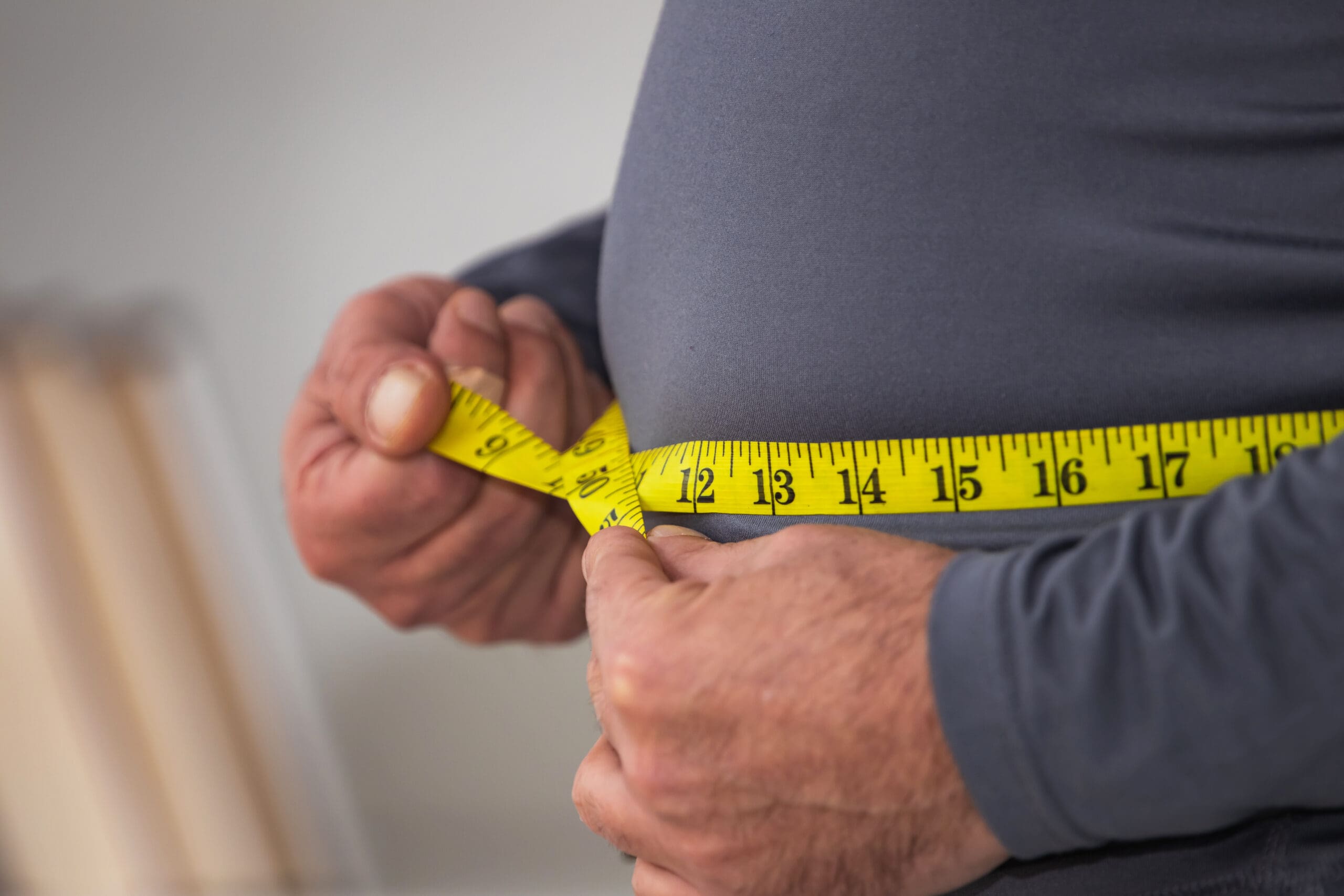
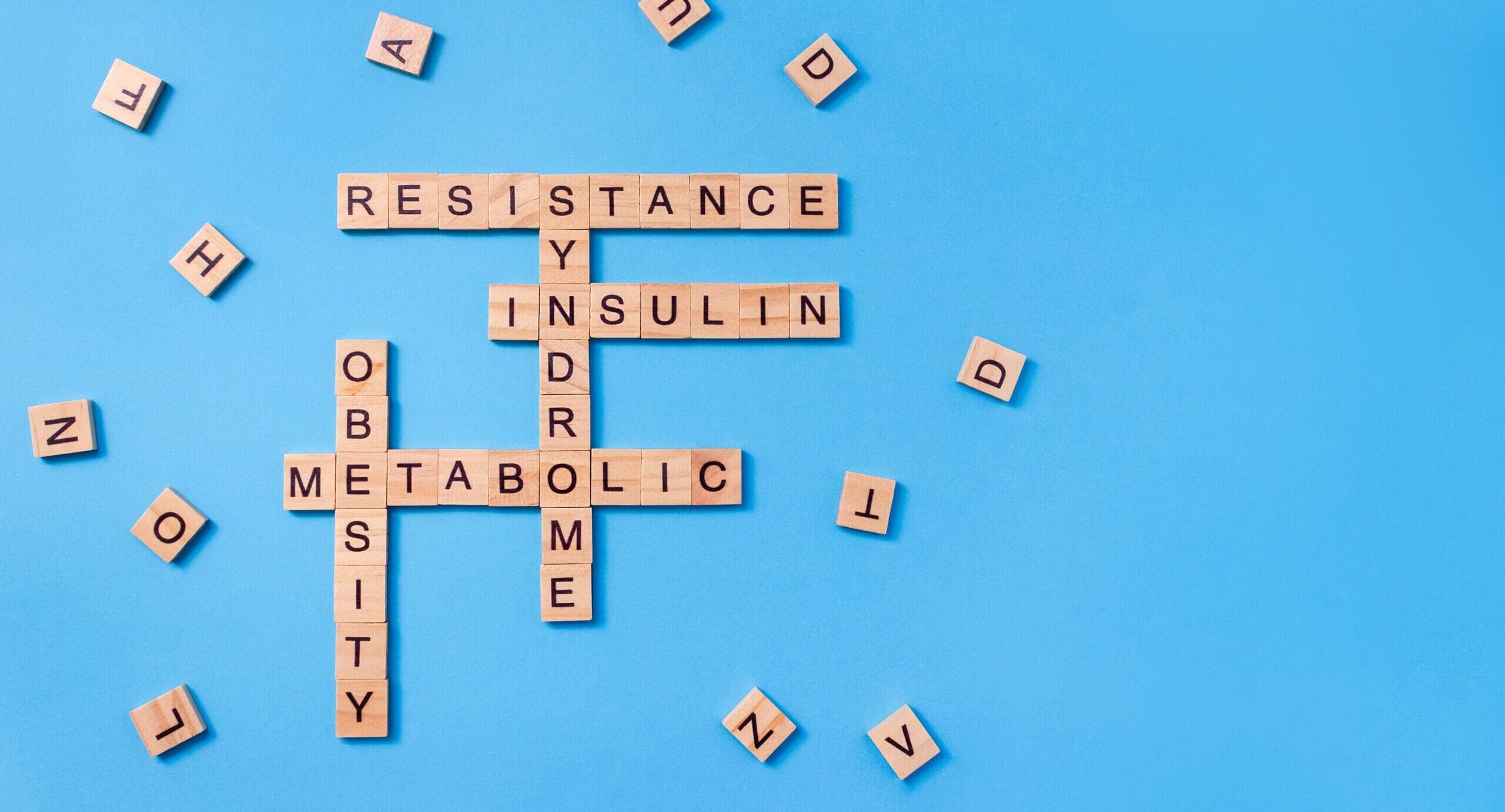
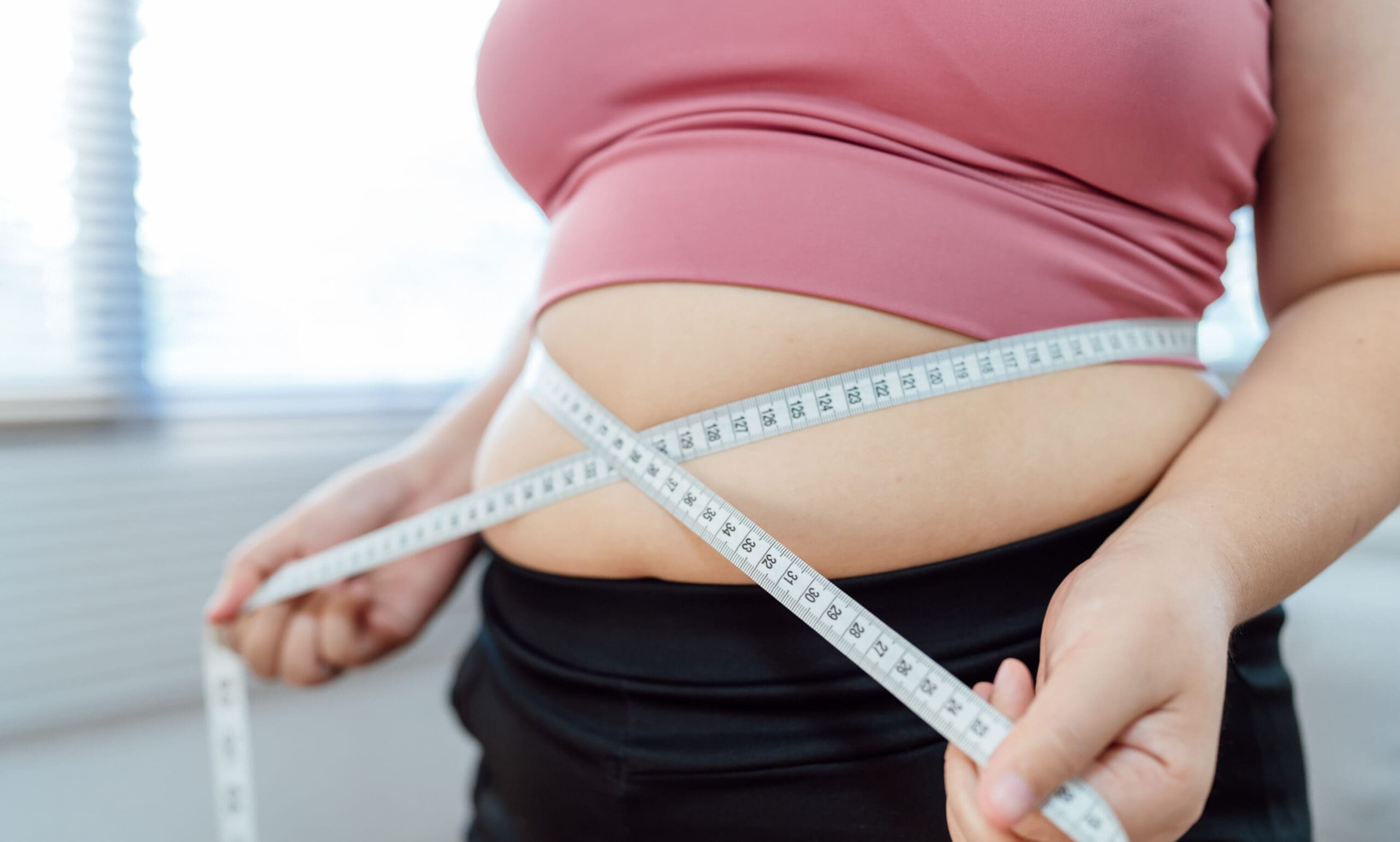
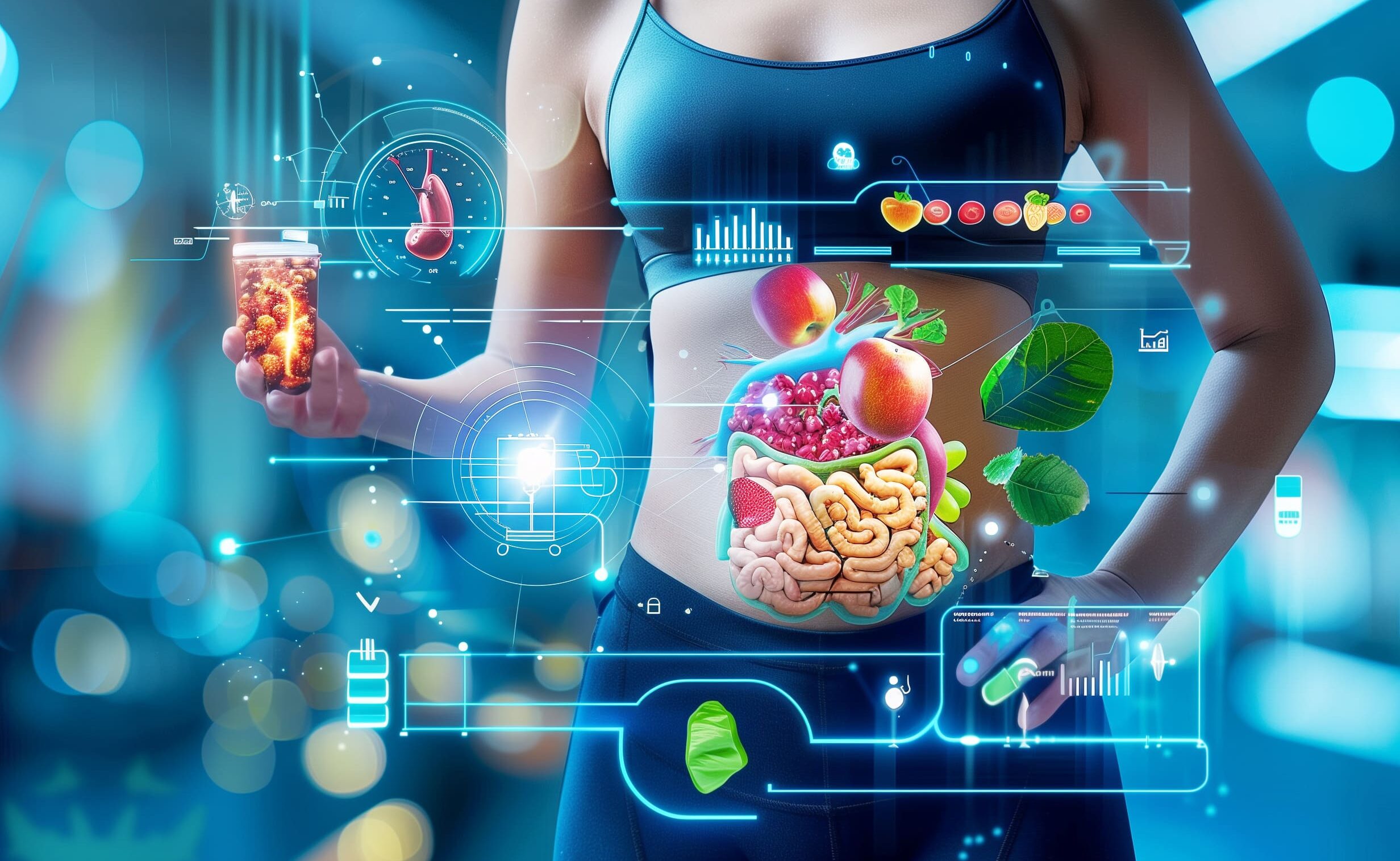
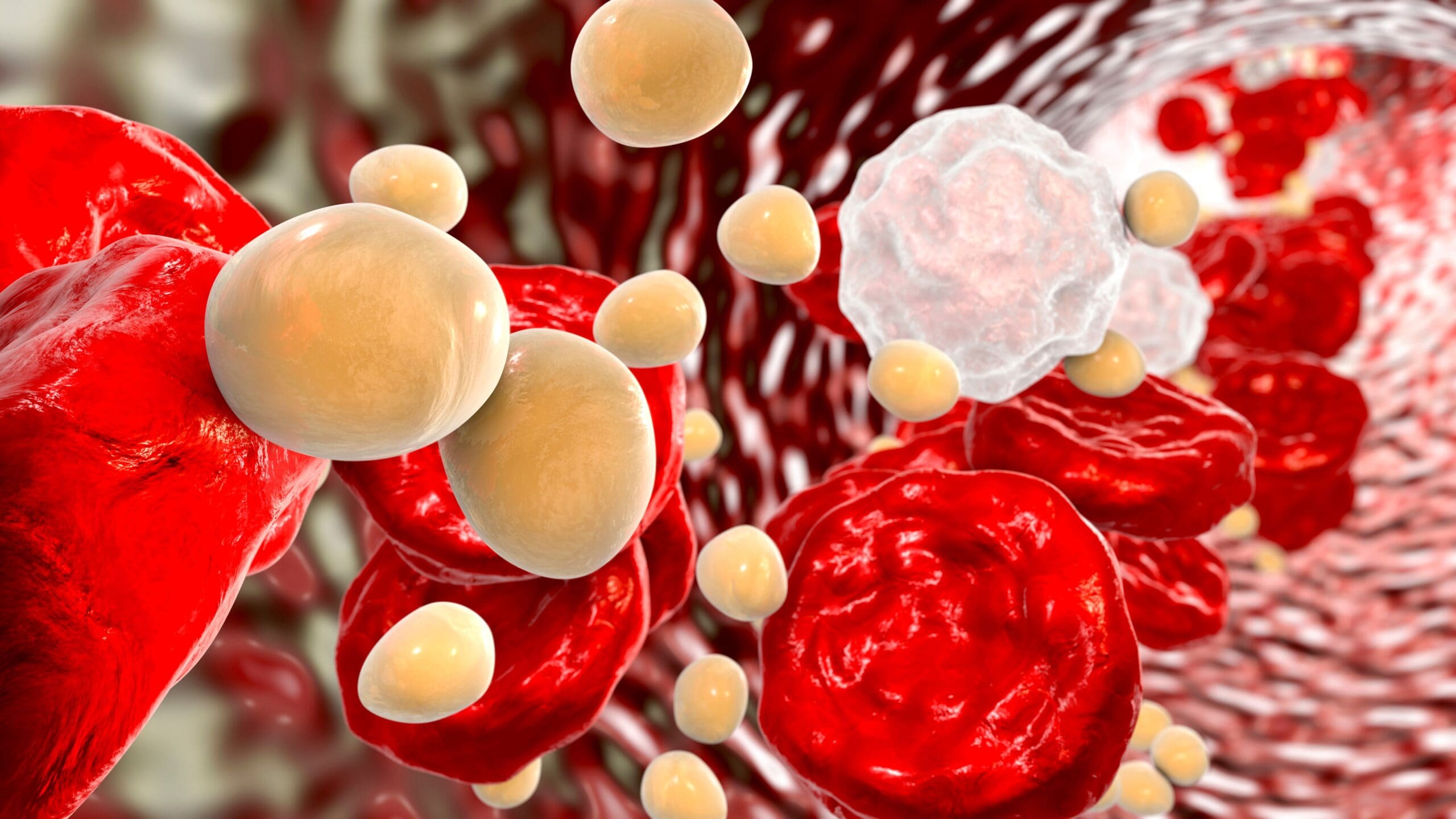
I’m having that battle from 124 kg down to 75kg ( thanks to doc Cabot’s diet ) then medications upped my weight to 83 kg and I cant shift it.
do I assume that protein isn’t harmful to the liver ?? I don’t find vegies filling for long I cant get docs to do a fibro scan since I lost the weight docs just want to accept blood tests
Hi Julie,
That’s fantastic that you managed to bring your weight down so much
When medications are involved it can be difficult to shift the extra weight.
Excessive amounts of protein can be harmful, but regular protein intake of about 1g per kg of body weight is very safe, beneficial and will fill you up.
Do you have a copy of Dr Cabot’s book ? There’s lots of great low carb, high protein recipes in it.
Fat is also filling so adding nuts, seeds, olives, oil, avocado, eggs etc to your meals will help to fill you up, as well as making sure you’re eating enough protein (about 20g per meal).
Kind regards,
Louise
Hi Margaret Thankyou very much for explaining Insulin Resistance. Very helpfull info so I can understand & make sense to my carbs cravings. I find it so hard to loose kgs but succeeded to loose15kg last yr & my goal is to loose another 15kg this yr. Not at all easy with my orthopaedic issues but I know my health will be better off if its not to late. Thankyou very much Stay Safe. Look forward to more of your articles to read
Hi Jan,
Thank you for taking the time to leave a comment.
Wow, congratulations on your weight loss so far – that’s fantastic! You must be very pleased that your hard work is paying off.
Keep going, you’ll feel better for it
All the best!
Louise
I had a blood test and the doctor has said I have border line sugar.
I was really surprised as I do not have sugar on anything, but I do eat an awful lot of fruit about 6 servings every day.
Could this be possible that is causing my border line affect for sugar. If that is so could that affect my Pancreas and liver.
Also is there anything I can do about.
Regards
Barbara Leggett.
Hi Barbara,
Fruit contains a lot of sugar and that could be effecting your blood sugar level – you should limit to 2 servings daily.
Also be aware that savory foods such as pasta, bread, rice are very high in carbohydrates that turn to sugar in the blood – these foods need to be limited. You should be eating mainly protein (chicken, fish, beef, eggs, dairy, nuts etc), low carb veggies (leafy greens, broccoli, cauliflower) and healthy fats – limit fruit and higher carb foods.
Dr Cabot’s book I Can’t Lose Weight and I Don’t Know Why is all about insulin resistance and has a diet for bringing down blood sugar and reversing insulin resistance. I recommend you get a copy and follow the diet. Her book Type 2 Diabetes is also a very valuable resource.
Kind regards,
Louise
Thank you for answering my problem I appreciate your answers. I have now gone down to 2pieces of fruit.
Thankyou for answering I understand about all the fruit I have been having didn’t eventing that would hurt as I never have sugar. And never had a sugar problem. I will now stick to two pieces a day.
Regards
Barbara Leggett.
Hi Barbara,
Yes unfortunately many people who don’t ‘eat sugar’ are still consuming a lot of high carbohydrate foods which turn to sugar in the blood, so they don’t realise.
Following a low carbohydrate diet and increasing exercise will help to bring your blood sugar levels down.
Kind regards,
Louise